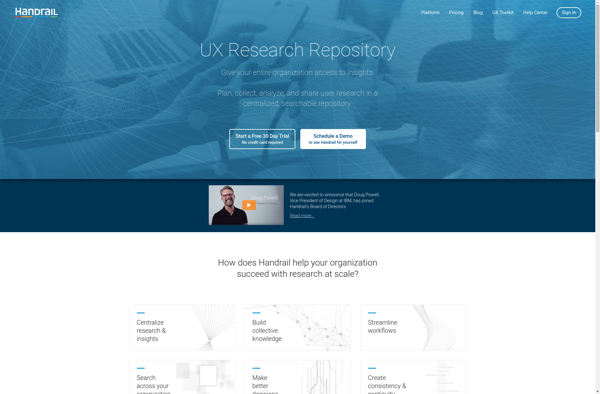Julius
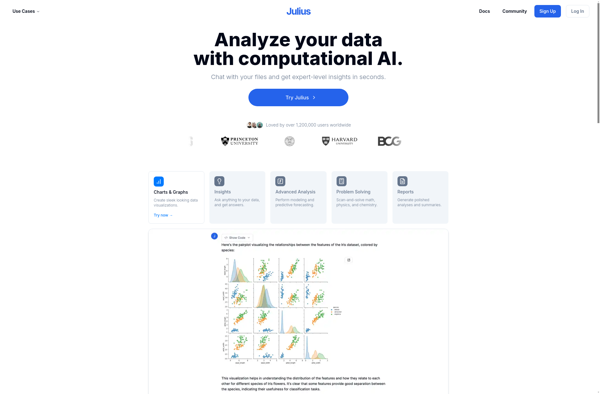
Julius: Open-Source Speech Recognition Engine Software
Open-source speech recognition engine software for recognizing speech and converting it to text, supporting large vocabulary continuous speech recognition for research and development of speech recognition algorithms.
What is Julius?
Julius is an open-source speech recognition engine software developed by the Japanese company Nagoya Institute of Technology. It is used for recognizing speech and converting it to text. Julius supports large vocabulary continuous speech recognition, which means it can recognize fluent speech sentences and convert them to text, rather than just recognizing single or isolated words.
Some key features of Julius include:
- Decoder algorithm optimized for continuous speech recognition
- Language model support including N-grams and word category
- Acoustic model handling capabilities
- Multi-threaded processing for faster decoding
- Support for microphone arrays for noise robustness
- Extensibility through plugin modules
- Cross platform capability - works on Linux, Windows, MacOS etc.
Julius is designed primarily for research and development of speech recognition algorithms. Researchers can build upon the decoder functionality that Julius provides to test new acoustic and language models. It can handle speech data in multiple languages based on the models it is provided.
The software is free and open-source, developed in the C programming language. This makes it easily modifiable. Julius also provides detailed documentation for understanding its working and integration into other applications. Overall, it serves as an efficient open-source platform for speech recognition research.
Julius Features
Features
- Real-time speech recognition
- Large vocabulary continuous speech recognition
- Acoustic model adaptation
- Noise robustness
- Speaker adaptation
- Multi-threaded decoding
- Plugin architecture
- Open source
Pricing
- Open Source
Pros
Cons
Official Links
Reviews & Ratings
Login to ReviewThe Best Julius Alternatives
Top Ai Tools & Services and Speech Recognition and other similar apps like Julius
NVivo
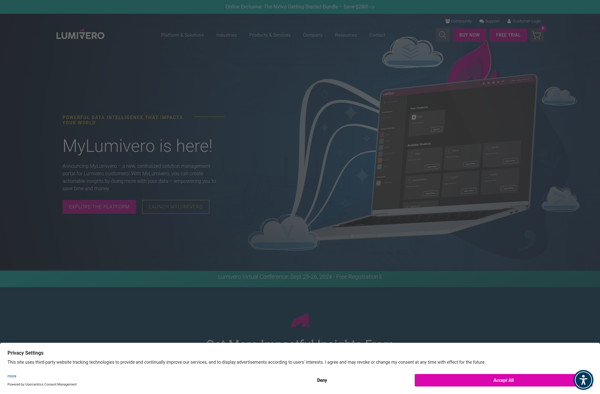
MAXQDA
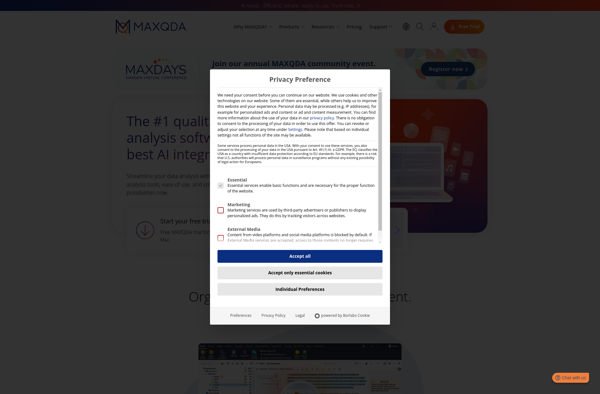
ATLAS.ti
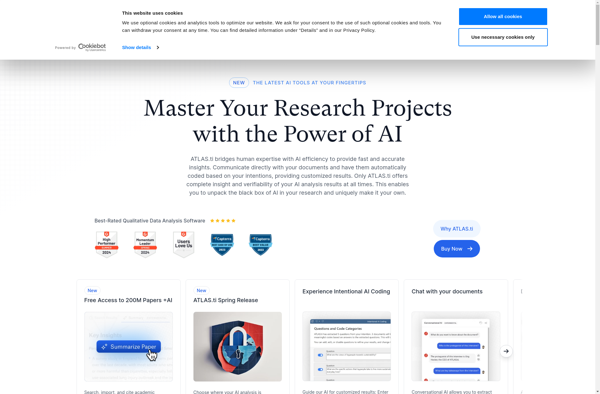
Qiqqa

Taguette
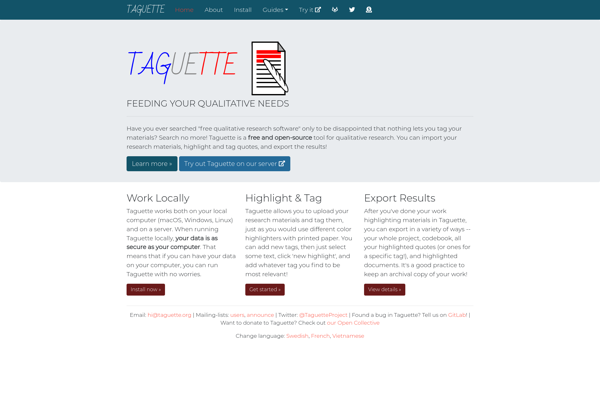
RQDA
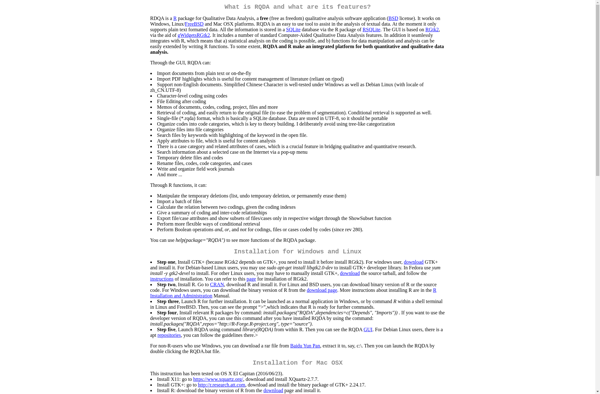
QualCoder
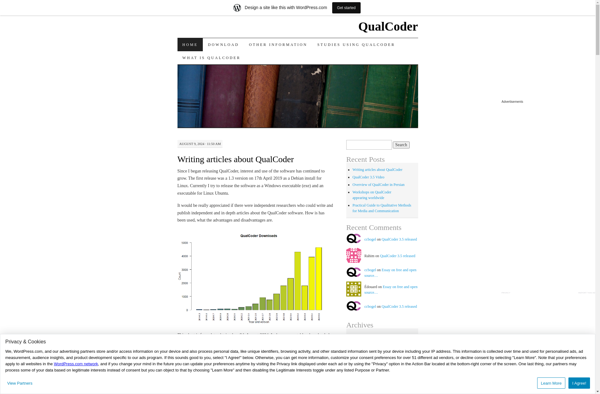
CATMA
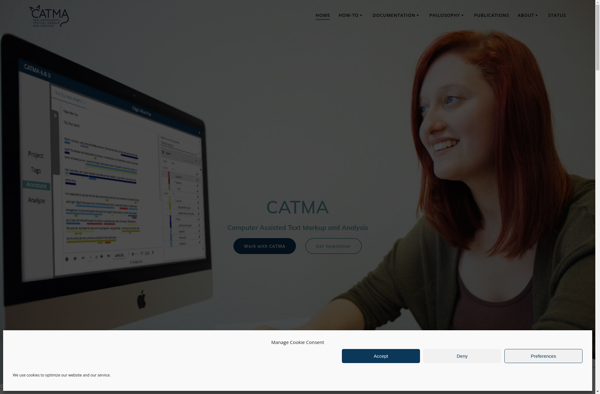
Wired-Marker
Quirkos
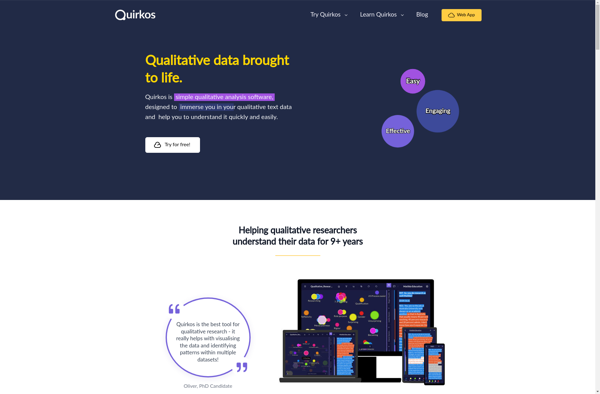
Optimal Workshop
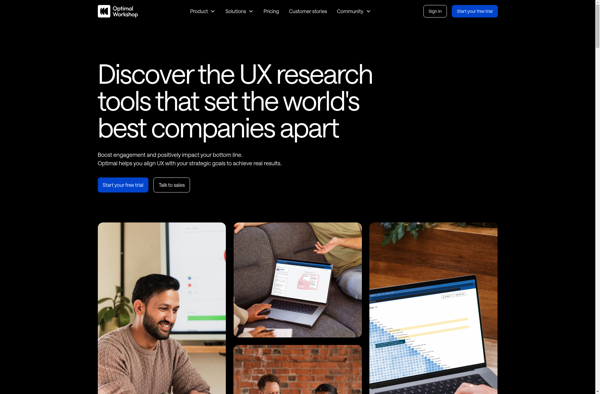
Condens
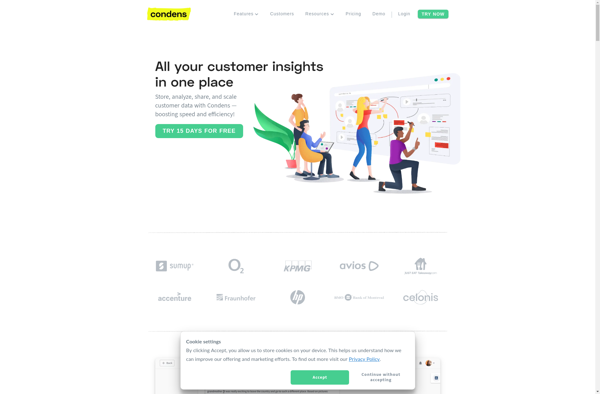
UserBit
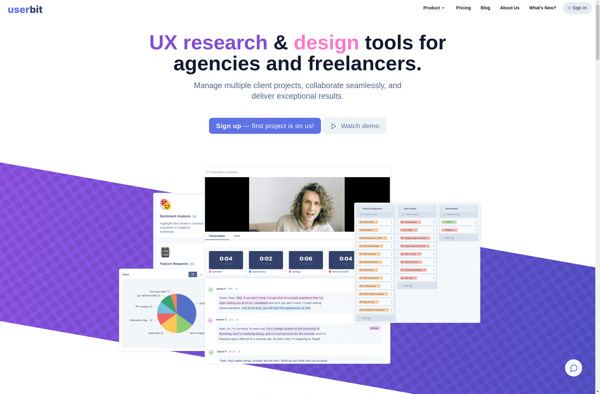
Qualdesk Insights

ConfirmKit
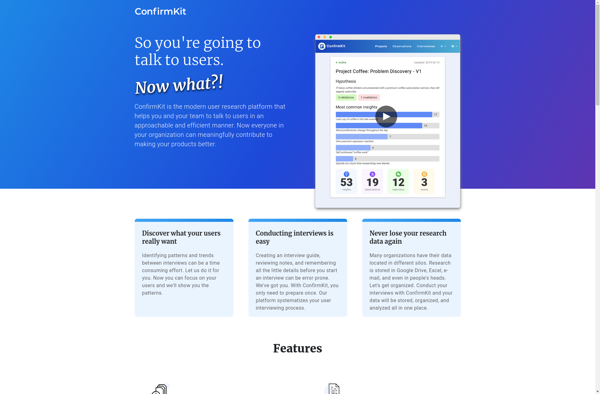
EnjoyHQ
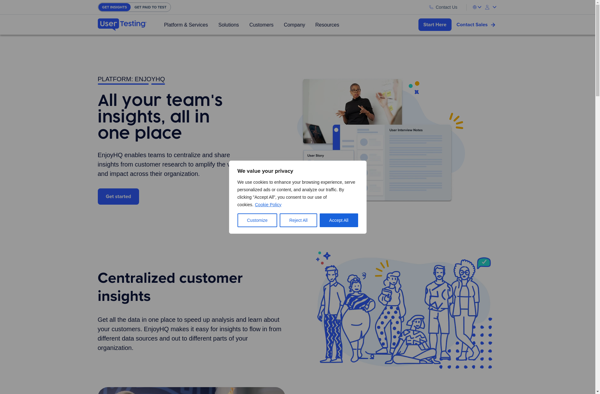
DiscoverText
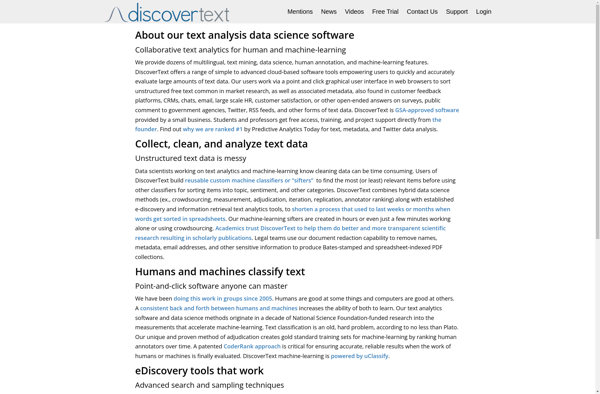
Handrail
